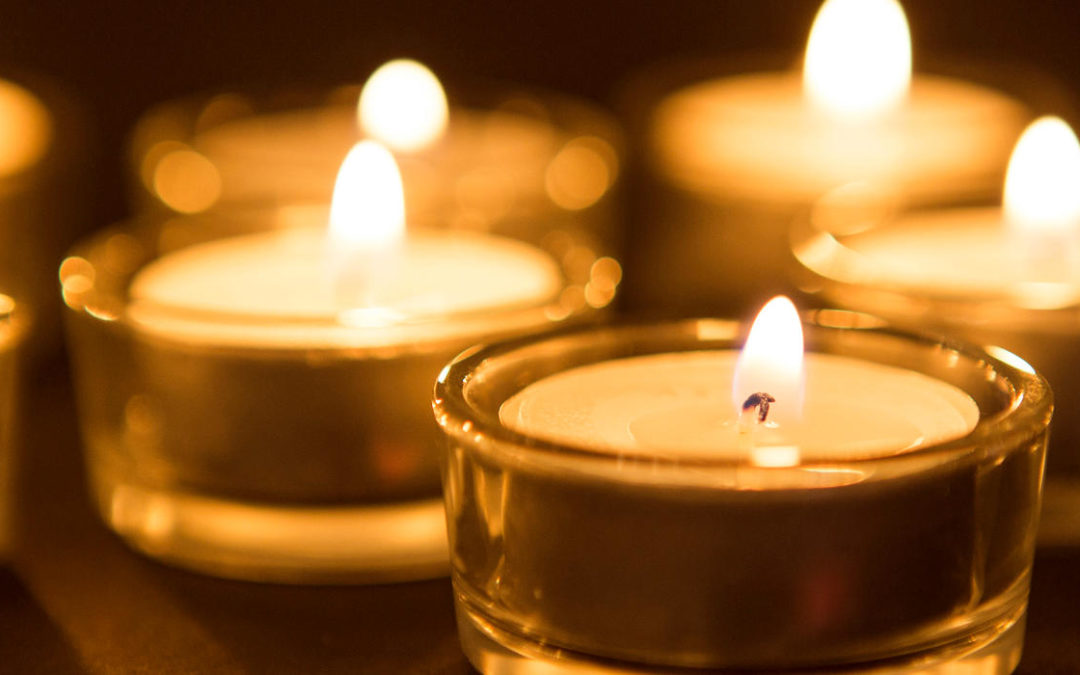Recently, three clients lost their beloved family pets.
Each client kindly informed me of this on their weekly check in form, in part to explain days of blank diet logs and missed workouts, but also because they know I understand exactly how they’re feeling.
But what troubled me was that each variation included some variation of, “Now, I know it’s just a pet and I shouldn’t feel so bad,” or “I know this is part of pet ownership” (that actually is true) or the one that really got me: “I know I shouldn’t let this affect my workouts or diet.”
STOP!
First, yeah, I realize much of this is just polite social conventions among mature adults.
“I know I shouldn’t feel this bad” doesn’t actually mean, “I think my feelings are wrong.”
It means something like, “I knew I’d be sad, but I didn’t expect to be this upset, so I’m a little rattled by it.”
Perfectly reasonable, but the real bad actor is that damn word, should.
According to Oxford, should is “used to indicate obligation, duty, or correctness, typically when criticizing someone’s actions.”
According to me, should is a fucked up guilt-a-palooza. It’s so bad “should” SHOULD be a 4-letter word. #shud
We “should on” others to shame them into doing what we want. (Not good.)
We “should on” ourselves to shame us into becoming what we think others want. (Very not good.)
So whenever should pops up in a serious conversation or even as part of your internal dialogue, stop and re-assess.
You’re abandoning your own personal travel plans for a flight some nebulous “other” person booked for you, to a destination of their choosing. This rarely results in a satisfying journey.
Now: back to the pets.
Some people may have an “unrealistic” relationship with their pets. Maybe they treat them too much like a human and anthropomorphize them (when it’s not realistic or healthy for either party), or maybe they go too far in keeping a failing pet alive.
But: how a loss affects you is never right or wrong or too much or not enough. Your honest feelings are your Truth.
You may not always want to broadcast it, but don’t deny yourself the need to acknowledge your pain, because that’s how you eventually heal.
Whereas “putting the loss into perspective” or playing grief-comparison games just drives the pain in deeper.
We love our pets because of their honesty.
Being honest with the loss is how we honour them.
– Bryan

